From 2016 – 2021, pgEd, pgEd completed a school-based project, called ARC (Building Awareness, Respect, and Confidence through Genetics), through a five-year grant from the National Institutes of Health Science Education Partnership Award (SEPA) program. The aim of ARC was to (1) develop curricula on genetics and identity and (2) provide professional development that supports educators in bringing the topic of genetics to their classroom, regardless of what discipline they teach.
Curriculum on genetics, identity, and respect for diversity
As part of ARC, we have developed a series of lesson plans on genetics and identity with science, social science, and language arts teachers in mind. We’re bringing our balanced and accessible approach to lesson plans that aim to get students thinking about hot topics in genetics.
New lesson plans
- NFL and genetic tests at the stadium – Mini-lesson on consumer genetics and informed consent. (2017)
- Sickle cell disease and genetic engineering – Mini-lesson on clinical trials for gene therapy, informed consent, and the legacy of mistrust from past abuses in medical experimentation. (2017)
- Genome Editing and CRISPR – Lesson on how the emergence of new genome editing technologies might impact individuals and society. (2017)
- Claims of CRISPR Being Used to Edit Genomes of Twin Girls Born in 2018 – Lesson exploring various articles to develop media literacy skills and explore a range of topics (e.g., informed consent) that impact the 2018 story that two children were claimed to have been born with CRISPR edits in their genomes. (2019)
- Engineering the World Around Us:Genome editing and the environment – Lesson on the possible uses of genome editing to address the environmental issues we are facing. (2020)
- How Does Ancestry Testing Work? Exploring Admixture Testing – Lesson on how genetic tools are providing a lens for examining human ancestry. (2020)
- Sex, Genetics & Athletics – Lesson on the history of sex testing in elite athletics and the impact of this testing on intersex athletes. (anticipated Summer 2021)
Updated lesson plans
As part of ARC, our lesson plans have received regular updates to stay current. In particular, pgEd has significantly revamped the following lesson plans to be more inclusive of diverse voices, more interdisciplinary, and up-to-date with the latest developments in the field.
- Introduction to Personal Genetics – Lesson on new developments in personal genetics and how those might impact our lives, our medical decisions, and society.
- Genetics, History, and the American Eugenics Movement – Lesson addressing the question how we as a society can avoid the mistakes of the past to take advantage of the promise of genetics.
- Reproductive Genetic Testing: Technology, Access, and Decision Making – Lesson on some major innovations in reproductive genetic technologies and the ethical implications of that testing.
- DNA, Crime, and Law Enforcement – Lesson on the impact of DNA technologies on individuals, law enforcement and society.
Informational resources
- Genetics, ancestry, and health (2018)
- Sex, gender, and genetics (2019)
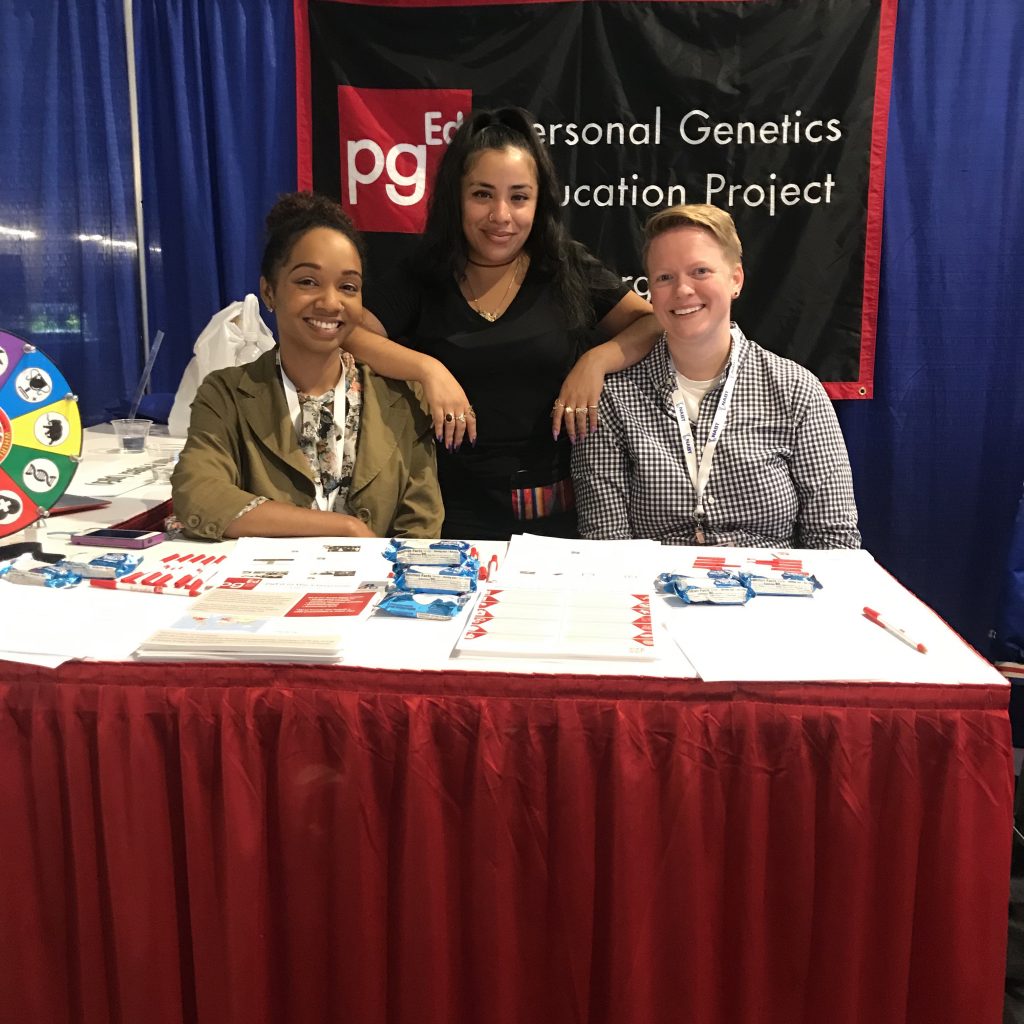
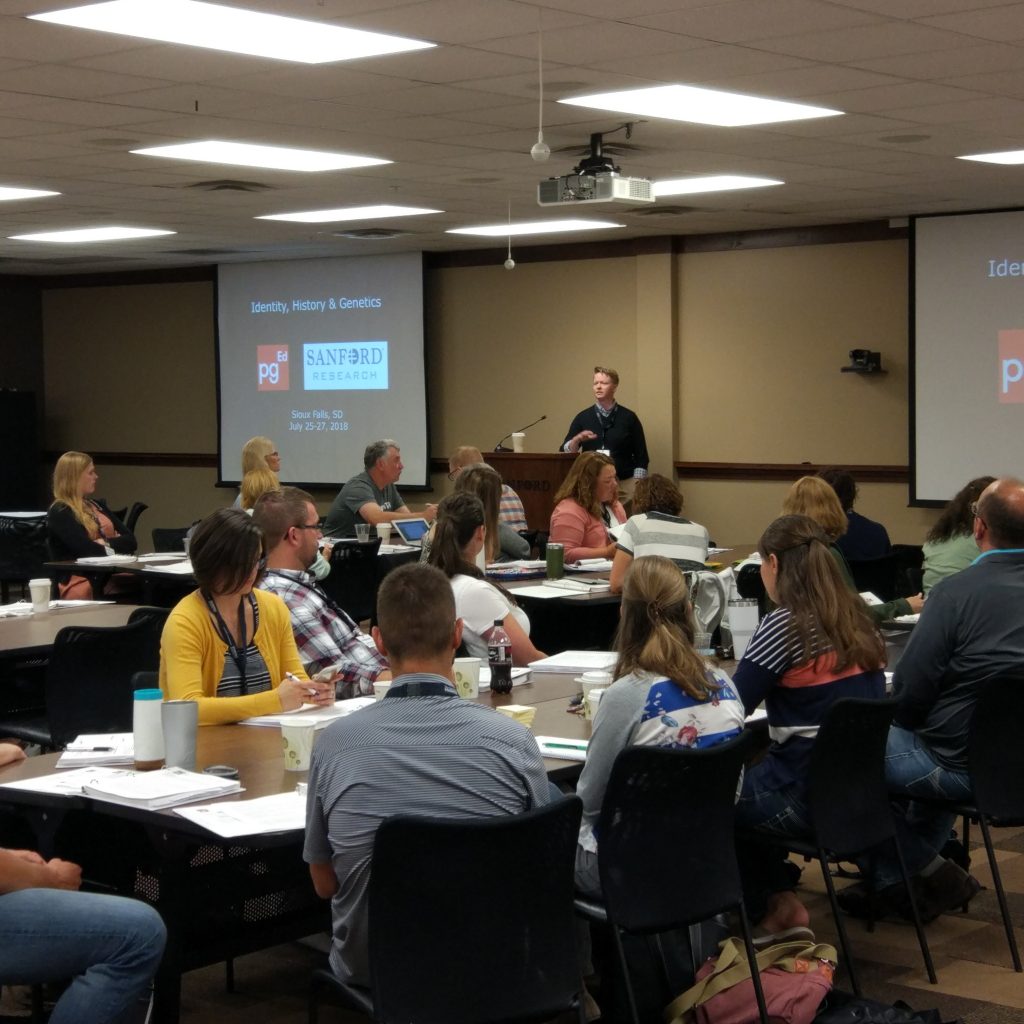
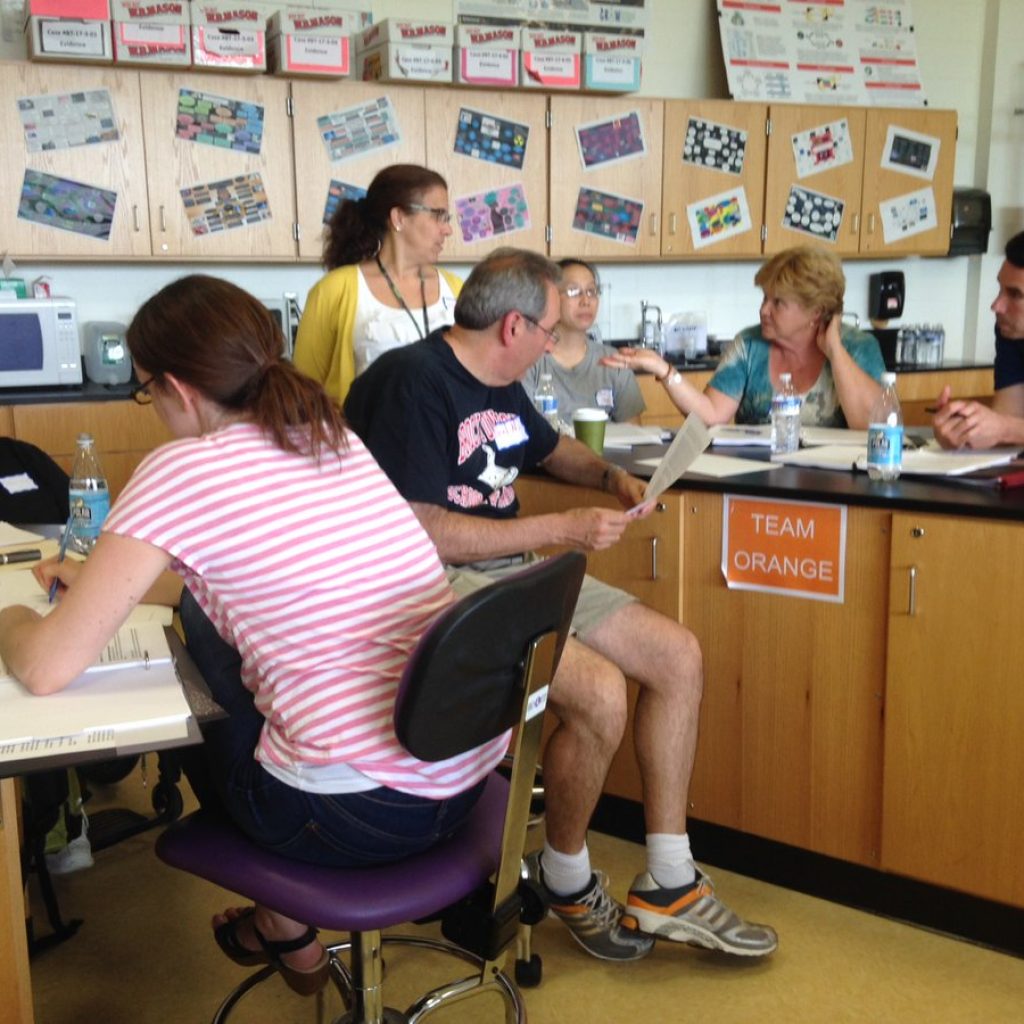
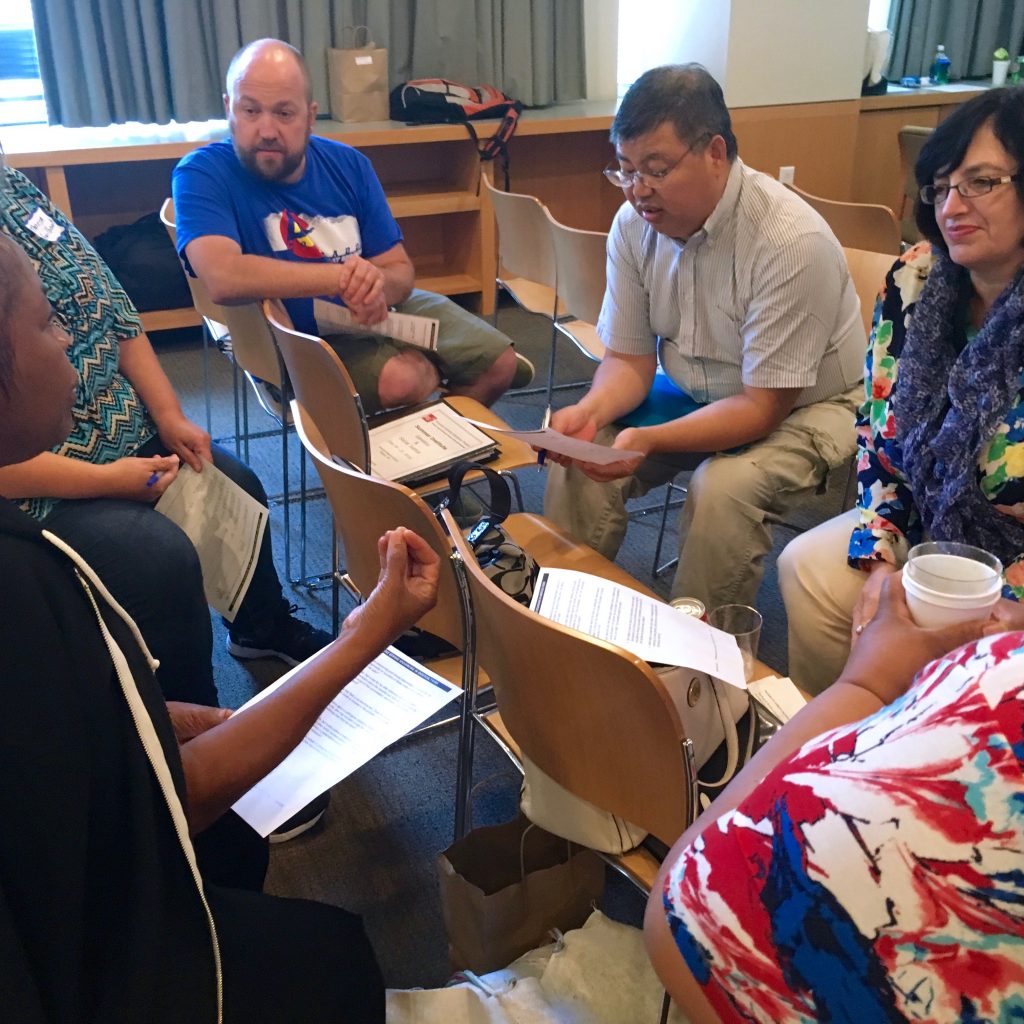
New distance learning resources
To support teachers transitioning to remote instruction, the ARC team recorded videos of 6 lesson presentations and developed a library of 13 short, student-facing lessons, called SNAPSHOTs (all freely available online).
- 6 video recordings of some of our most popular lessons (2020)
- Introduction to Personal Genetics
- Genetics, History, and the American Eugenics Movement
- Genome Editing and CRISPR
- Engineering the World Around Us: Genome Editing and the Environment
- DNA, Crime, and Law Enforcement
- Reproductive Genetic Testing: Technology, Access, and Decision Making
- 9 SNAPSHOTs that are based on reworked materials from our larger lesson plans
- Introduction to Genetics and Medicine (2020)
- Benefits for All?: Addressing Issues of Inclusion & Trust for Equitable Access to Precision Medicine (2020)
- Identifying & Understanding Rare Genetic Conditions: Meet Tess Bigelow (2020)
- Saving the Hawaiian Honeycreeper Birds (2020)
- Privacy Protections for Genetic Information: Meet GINA (2020)
- Ancestry and Identity in the Genomic Age (2020)
- Direct-To-Consumer Testing in the Genomic Age (2020)
- Genome Editing & Organ Transplants (2020)
- Admixture Testing: How can your DNA provide insights into your ancestry? (2021)
- 4 SNAPSHOTs that are new materials
- When New Treatments Come with Big Hopes and a Big Price Tag (2020)
- ACTN3: Can genetics tell me if I am going to be an Olympic sprinter? (2020; with support from the Teaching the Genome Generation SEPA to The Jackson Laboratory)
- Mitochondrial Replacement Therapy – the science, benefits, and implications of a new reproductive genetic therapy (2020)
- The Common Thread: DNA and Human Variation (2021)
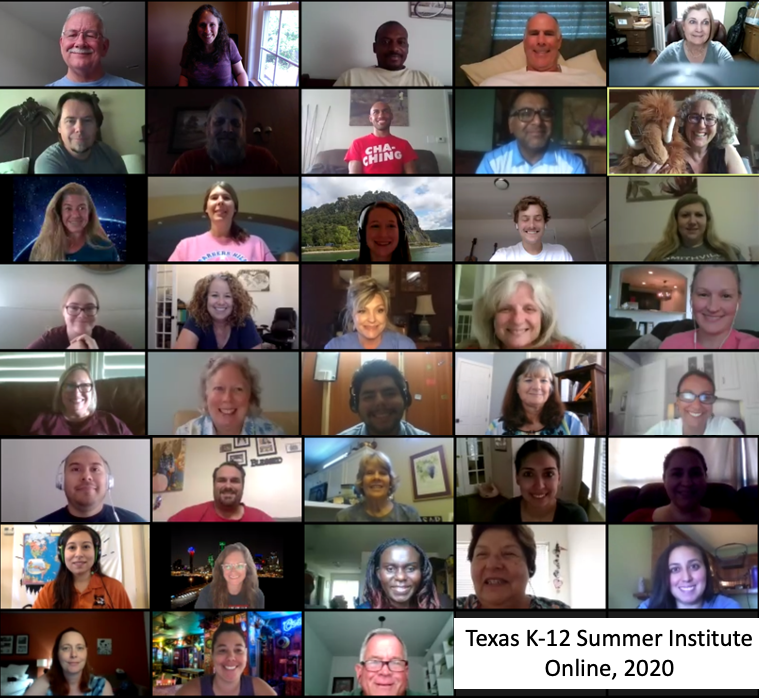
Bringing interdisciplinary professional development on the road
As part of ARC, we’ve organized a series of interdisciplinary professional development workshops. Over the past few years, we’ve held workshops in:
- Boston, Massachusetts (at Harvard Medical School)
- Brockton, Massachusetts (in partnership with Brockton High School)
- Sioux Falls, South Dakota (in partnership with Sanford Research and Harrisburg High School)
- Brunswick, Maine (in partnership with the SEPA team at Jackson Laboratory)
- Hartford, Connecticut (in partnership with the SEPA team at Jackson Laboratory)
- Kerrville, Texas (in partnership with the SEPA team at Texas A&M Health Science Center)
- Huntsville, Alabama (in partnership with the SEPA team at HudsonAlpha Institute for Biotechnology)
- Omaha, Nebraska (in partnership with the SEPA team at the University of Nebraska Medical Center)
- Milwaukee, Wisconsin (in partnership with the SEPA team at the Milwaukee School of Engineering)
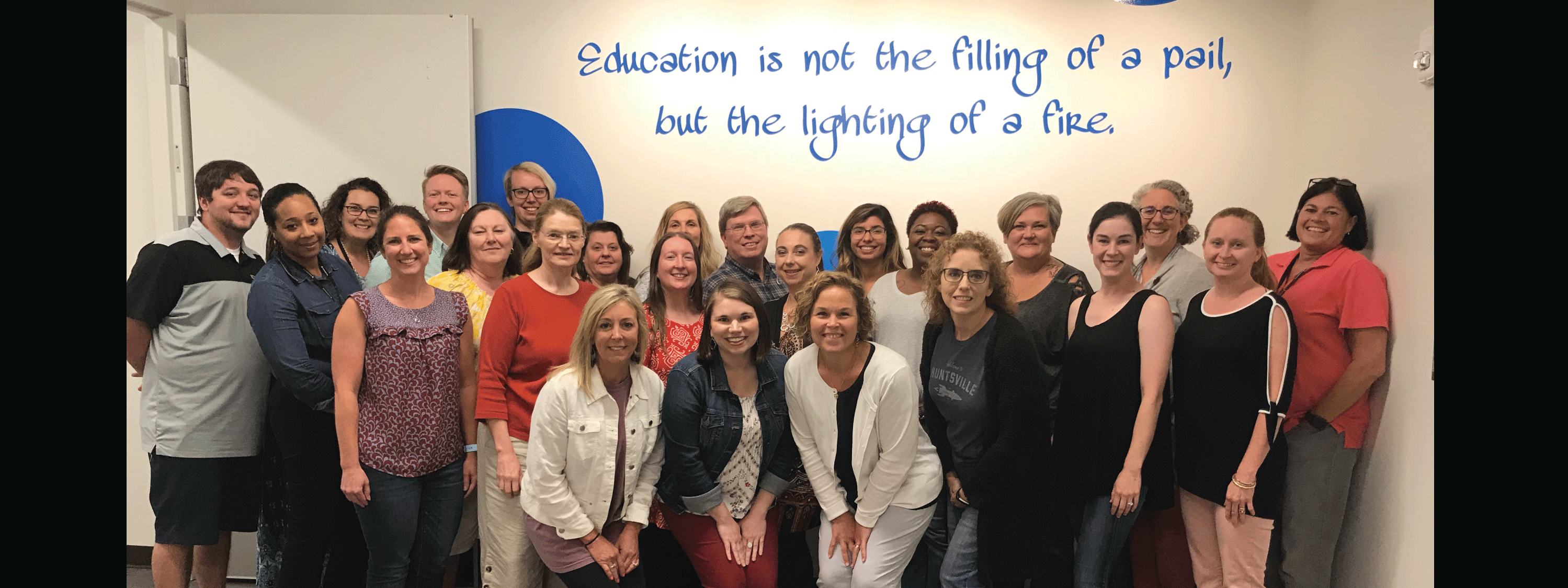
2019 Summer Institute for teachers, Huntsville, AL
In 2020, our travel was suspended due to COVID and we pivoted quickly to reinvent this programming online. The ARC team quickly organized and implemented 9 single-lesson workshops and two full online PDs (a virtual equivalent of our 3-day in-person workshops). In addition, we responded to invitations from former ARC teachers, SEPA colleagues, and PBS stations to provide additional PDs online. Through online programs, we engaged 291 educators from 29 US states and abroad (including Canada, India, Spain, and Vietnam).
It has been pgEd’s privilege to visit all these communities, meeting with teachers and working together to bring the topic of personal genetics to biology, social studies, and language arts classrooms and beyond.
Interested in a workshop? Please email Robin Bowman at rbowman@pged.med.harvard.edu, so we can keep you in the loop about upcoming events or plan a visit.
In conclusion
The ARC team has advanced the overarching goal of developing a model for empowering teachers to increase awareness and respectful dialogue about personal genetics in classrooms, schools, and communities. Overall, what has been most profound for us is the unique stories we’ve heard from our teachers – their insights from the frontlines in their classrooms, the interdisciplinary collaborations they’ve forged, and their commitment to ensuring that their students are having conversations about genetics, health, and society. So, it seems fitting to close with a few words from these teachers, who have become enthusiastic partners in helping to ensure an equitable and safe path forward as genetic technologies enter our world:
“What struck me was how carefully the wonderful people at pgEd have put together socially, culturally relevant applications of biotechnology, and the direction we’re headed in with these concepts…My kids have learned these concepts for years now…but I am the first time they’ve had a conversation about, should we be doing this? … These are the conversations my kids need to be having now. It was a link to what’s happening outside of my classroom…”
“My kids loved talking about bioethics, it was the highlight of their year, and the big part of those discussions are things that I learned from pgEd and implemented into my classroom… They really thrived on…the various viewpoints in the classroom, and being able to discuss them respectfully, to say, ‘I don’t agree what you’re saying, but I understand what you’re saying.’ That’s amazing to see..”

This project is supported by the National Institute of General Medical Sciences, the National Institutes Of Health under Award Number R25GM129172. The content is solely the responsibility of the authors and does not necessarily represent the official views of the National Institutes of Health.
